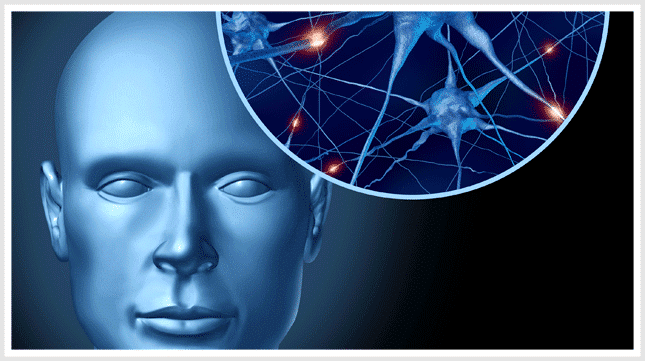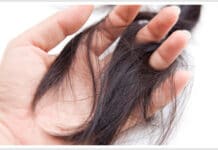
MANY DIFFERENT FACTORS LEAD TO HAIR LOSS, WITH HEREDITY AND HORMONES LEADING THE WAY.
Hormones can play a significant role in hair loss. Here we discover some of the science involved in typical male pattern baldness, as well as details about other hormonal factors that can cause various types of hair loss.
Hair loss and DHT
The primary hormone involved in hair loss is dihydrotestosterone (DHT). The enzyme 5-alpha reductase, which is found naturally in the body on the skin and scalp, converts free testosterone into DHT. As a man gets older, the amount of the commonly occurring enzyme (and thus the amount of produced DHT) increases.
DHT interacts with and causes stress on the hair follicles, disrupting the process of hair growth. DHT can shorten the growth (anagen) phase of the hair growth cycle and miniaturize the hair follicles until they no longer produce hair. Androgenic alopecia (pattern baldness) is caused by the hair follicle’s sensitivity to DHT. The severity of this sensitivity to DHT depends on genetics. This type of hair loss primarily occurs on the front, top and crown of the scalp — producing the expected pattern of male pattern baldness.
Finasteride (brand name Propecia) — an FDA-approved hair loss medication — interferes with the conversion to DHT to treat male pattern baldness and encourage hair growth.
Hair loss and pregnancy
While a woman’s hair looks shiny, healthy and lustrous during pregnancy, that’s not always the case after giving birth. According to the American Pregnancy Association, “Telogen effluvium is the excessive shedding of hair that occurs one to five months following pregnancy. This is not uncommon, affecting somewhere between 40 to 50 percent of women; but like most changes during pregnancy, it is temporary.” Generally, recovery from this type of hair loss is spontaneous and occurs within six months of the onset.
Hair loss and thyroid disease
Hypothyroidism (an underactive thyroid) can cause a number of symptoms, including brittle hair, constipation, dry skin, fatigue, sensitivity to cold, weight gain and also hair loss. Hypothyroidism can be easily diagnosed and treated with medication by an endocrinologist. The key to remember is: When you get your thyroid disease under control, you should stop experiencing hair loss.
Hair loss and PCOS
Excessive androgens (male hormones) can cause hair loss in women. “This is something that can be found in individuals having polycystic ovarian syndrome (often referred to as PCO or PCOS),” explains Joel Zonszein, M.D., C.D.E., F.A.C.E., F.A.C.P. Zonszein is the director of the Clinical Diabetes Center at Montefiore Medical Center.
This type of hair loss is generally frontal (forehead baldness). Although some women with PCOS experience hair loss on their heads, they grow excessive hair in other areas such as the upper lip and chin. Because PCOS is related to insulin resistance, women with this condition are often diabetic or prediabetic.
Hair loss and menopause
The hormonal changes that take place at the onset of menopause bring about a number of unpleasant side effects, including thinning hair. The stress of menopause can also contribute to hair loss. Fortunately, however, the hair loss that is associated with menopause is almost always temporary. The National Institutes of Health (NIH) says that hair loss generally returns six months to two years after menopause.
When you notice the first signs of hair loss, consult with your doctor and get a complete medical checkup. Many times, hair loss can be explained as being related to hormones and may even be reversible.













